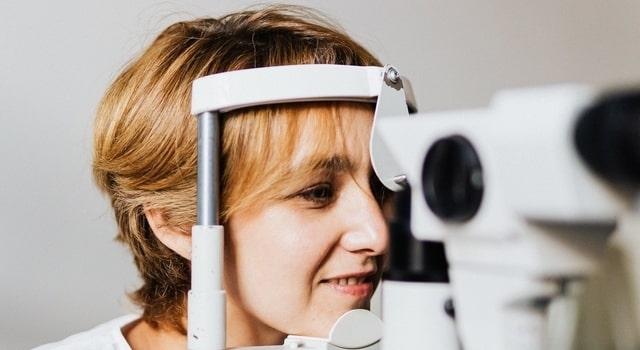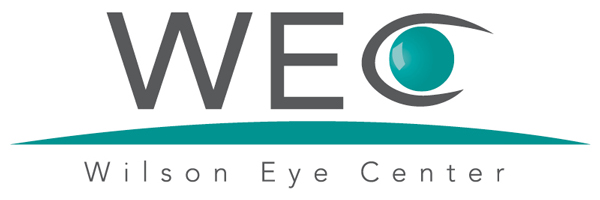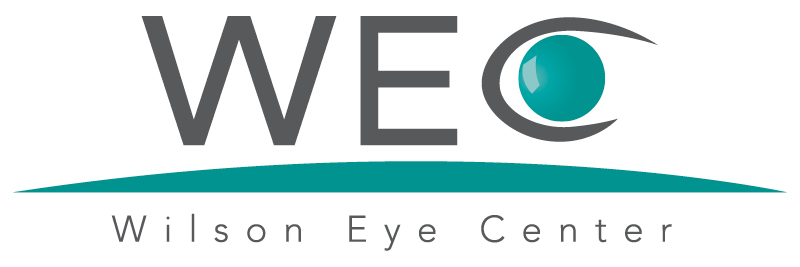
What is Vision Screening? What You Need To Know
When maintaining optimal eye health, understanding the scope and limitations of basic vision screenings is crucial. Basic vision tests, often administered in schools, workplaces, and health fairs, are a preliminary check to identify potential vision problems.
However, these screenings are not comprehensive and cannot detect a range of severe eye conditions. This blog will delve into what vision screenings can and cannot detect. It aims to empower you to make informed decisions about your eye health.
What Is a Vision Screening?
These quick, cost-effective tests identify individuals needing a comprehensive eye exam. They typically involve simple procedures like reading a chart of letters or symbols to test visual acuity. They may include a brief assessment of how well the eyes work together. While helpful in identifying obvious issues like nearsightedness, farsightedness, and basic eye alignment problems, vision screenings have significant limitations.
The Limitations of Vision Screenings
- Detection Scope: Vision screenings primarily focus on visual acuity and basic eye alignment. They do not evaluate the eyes' overall health or detect conditions like glaucoma, cataracts, macular degeneration, or diabetic retinopathy.
- Symptom Overlook: Many eye conditions, particularly in their early stages, do not present noticeable symptoms. Vision screenings cannot detect these asymptomatic issues, potentially delaying diagnosis and treatment.
- Depth of Examination: Unlike comprehensive eye exams, basic tests do not include detailed assessments such as dilation. This allows for a thorough examination of the retina and optic nerve. These assessments are necessary to detect many underlying conditions.
- Limited Equipment: Vision screenings typically use basic tools and methods needing more sophisticated equipment in comprehensive eye exams. Advanced diagnostic tools are necessary to detect subtle or complex eye health issues.
The Importance of Comprehensive Eye Exams
While vision screenings are a good starting point, they are one of many methods for assessing eye health. Comprehensive eye exams by eye doctors offer a detailed evaluation of vision and eye health. These exams include tests for visual acuity, depth perception, eye alignment, eye movement, and a thorough check for eye diseases and conditions, helping to prevent vision loss from undiagnosed conditions.
A comprehensive eye exam often involves:
- Visual Acuity Test: Similar to the screening but more detailed
- Refraction Assessment: Determines the exact prescription for glasses or contact lenses
- Eye Health Evaluation: Includes dilation, retinal imaging, and other diagnostic tests to detect eye diseases
- Glaucoma Test: Measures the pressure inside the eye to detect glaucoma
- Slit Lamp Exam: This allows the doctor to see the front structures of the eye in detail
Empowering Your Eye Health
By understanding the limitations of basic vision screenings, you can take proactive steps to safeguard your eye health. Regular comprehensive eye exams are essential for early detection and treatment of eye conditions. If you’ve only experienced basic vision screenings, consider requesting an eye exam to understand your eye health fully.
For more information on what to expect at a comprehensive eye exam, visit our Eye Exams page.
While vision screenings are valuable in preliminary vision assessment, they are not a substitute for comprehensive eye exams. By prioritizing regular, thorough eye check-ups, you can ensure that your eyes remain healthy and your vision sharp for years.

